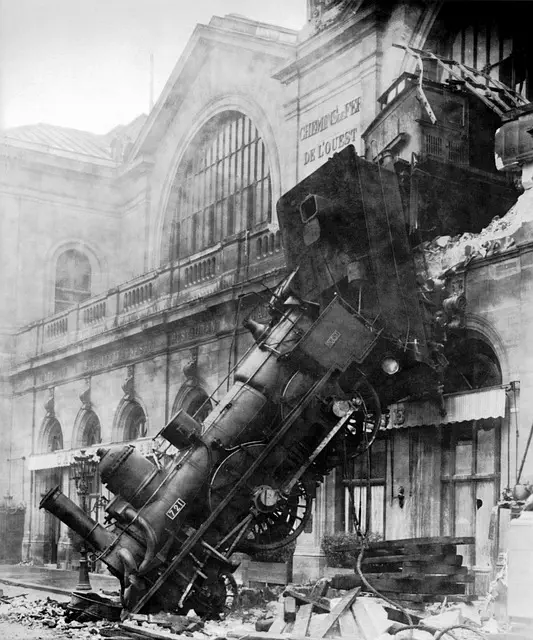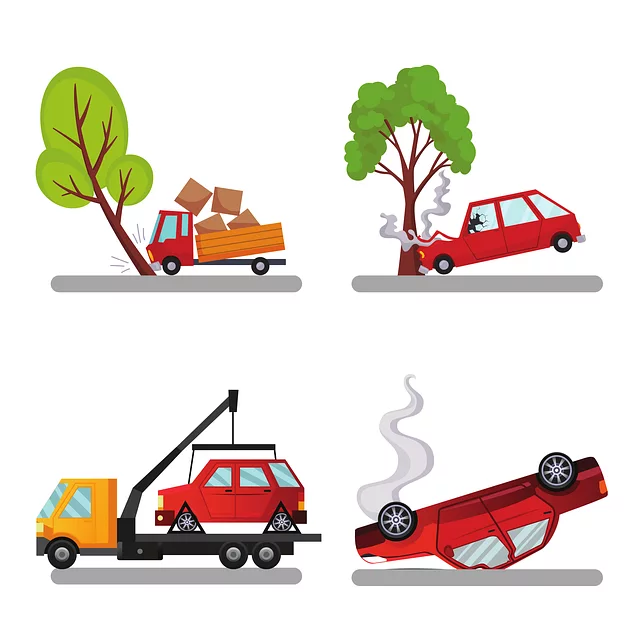Rideshare crash litigation in The Bronx faces complex interplay of state and federal laws, with unique urban challenges like high traffic volumes and prevalent closed head injuries (CHIs). Determining fault is crucial, focusing on passenger safety and driver negligence. CHIs, often overlooked yet severe, require expert medical testimony and balance state insurance regulations against personal injury claims. Victims in NYC may be entitled to compensation for medical expenses, rehabilitation, lost wages, pain and suffering, and related damages based on accident circumstances and local liability laws. Navigating litigation involves multiple parties and challenging securing long-term care compensation beyond basic insurance coverage. To protect rights, passengers should document crash details, seek immediate medical attention, and consult a lawyer specializing in closed head injury NYC rideshare crash litigation.
In the bustling urban landscape of The Bronx, rideshare crashes have become a growing concern, leading to complex legal battles. This article delves into the intricacies of rideshare crash litigation from a legal perspective, focusing on closed head injuries—a common yet often underestimated result. We explore the specific challenges passengers face when seeking compensation in New York City, shedding light on liability, damages, and crucial steps to take after an accident involving a rideshare vehicle.
- Understanding Rideshare Crash Litigation in The Bronx: A Legal Perspective
- Closed Head Injuries in NYC: Common Causes and Compensable Damages
- Navigating Rideshare Liability: What Passengers Need to Know in The Bronx
Understanding Rideshare Crash Litigation in The Bronx: A Legal Perspective

Rideshare Crash Litigation in The Bronx involves a complex interplay of state and federal laws, as well as unique challenges specific to urban environments like NYC. When a rideshare vehicle is involved in an accident, understanding liability is crucial. In New York City, where closed head injuries (CHIs) are not uncommon due to the bustling streets and high traffic volumes, legal proceedings can be intricate.
From a legal perspective, determining fault is a primary concern. Passenger safety and driver negligence are key factors. CHIs, in particular, necessitate expert medical testimony to assess their severity and long-term effects. Lawyers navigating these cases must consider state regulations regarding rideshare companies’ insurance requirements and liability caps, balancing them against potential personal injury claims.
Closed Head Injuries in NYC: Common Causes and Compensable Damages

Closed head injuries, often overlooked but potentially severe, are a significant concern in New York City (NYC), particularly in rideshare accidents. These types of injuries occur when there is a sudden impact or jolt to the head, leading to a range of symptoms and long-term effects. In NYC, where traffic congestion and bustling streets are common, understanding the causes and compensable damages associated with closed head injuries is essential for victims seeking justice.
Common causes include motor vehicle collisions, falls, and even sporting accidents. In rideshare crashes, which have become increasingly prevalent in the city, drivers’ distraction or negligence can lead to severe head trauma. Symptoms may range from mild headaches and dizziness to more severe conditions like concussions, traumatic brain injuries (TBIs), or even long-term cognitive impairments. Victims of such injuries in NYC may be entitled to compensation for medical expenses, rehabilitation costs, lost wages, pain and suffering, and other related damages, depending on the circumstances of the accident and local liability laws.
Navigating Rideshare Liability: What Passengers Need to Know in The Bronx

In The Bronx, rideshare crash litigation is a complex legal landscape for passengers who’ve been injured in accidents involving apps like Uber or Lyft. Navigating liability can be tricky, as responsibility often lies with multiple parties: the driver, the rideshare company, and sometimes even the passenger. In cases of closed head injury NYC, understanding these dynamics is crucial.
Passengers must be aware that their insurance typically covers initial medical expenses, but they may face challenges when seeking compensation for long-term care or other damages beyond basic coverage. Rideshare companies often employ legal teams to dispute liability and minimize payouts. Therefore, passengers who’ve suffered injuries like closed head injury NYC need to exercise caution from the start: document all details about the crash, seek immediate medical attention, and consult a lawyer experienced in rideshare crash litigation to understand their rights and options.
Rideshare crash litigation in The Bronx presents unique challenges, especially regarding closed head injuries (CHI) prevalent in NYC. Understanding the legal landscape and rideshare liability is crucial for passengers seeking compensation. This article has delved into the intricacies of these cases, highlighting common CHI causes and the compensable damages available to victims. By being informed about their rights and the navigation of liability, riders can ensure they receive the support and justice they deserve in the event of an accident.
